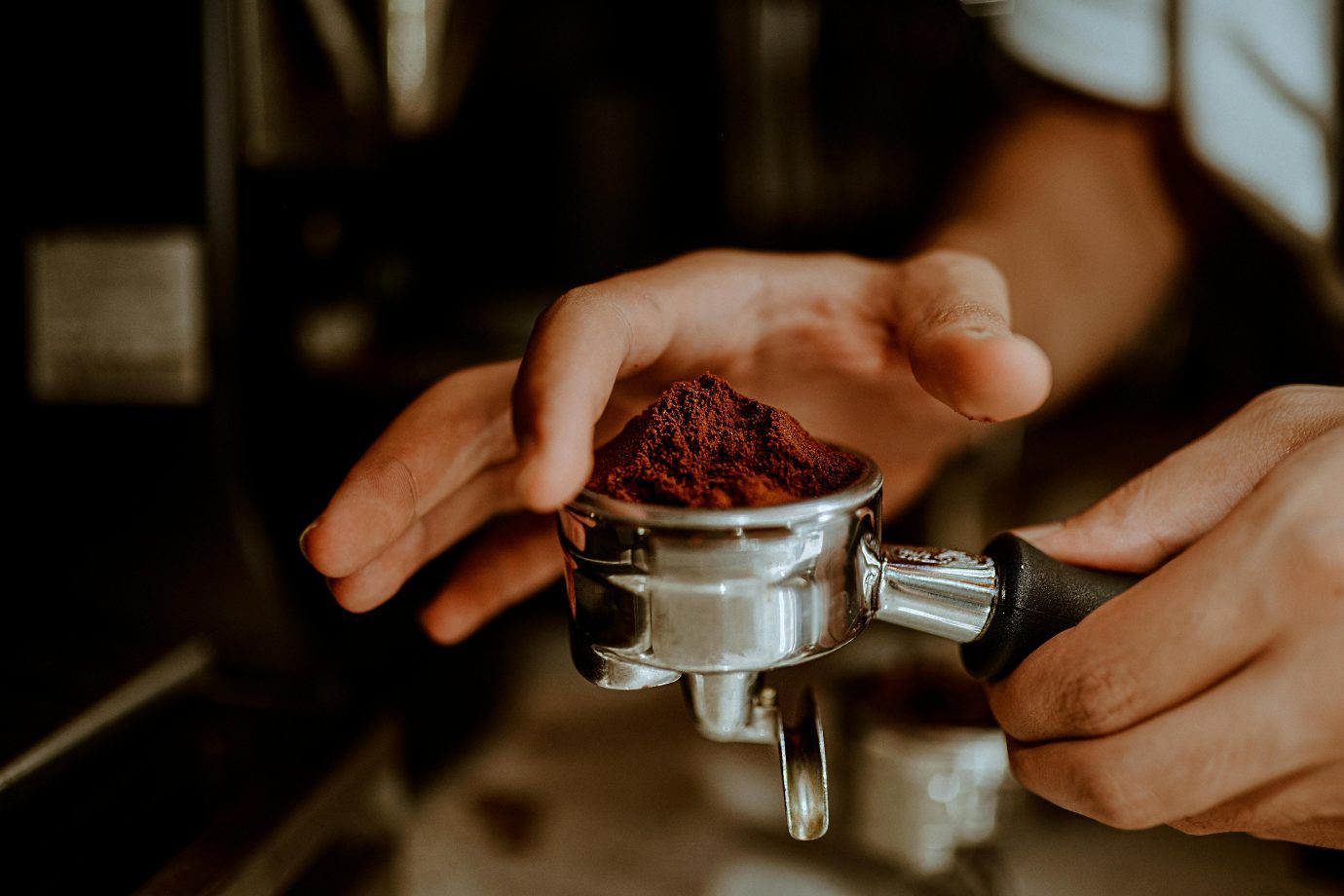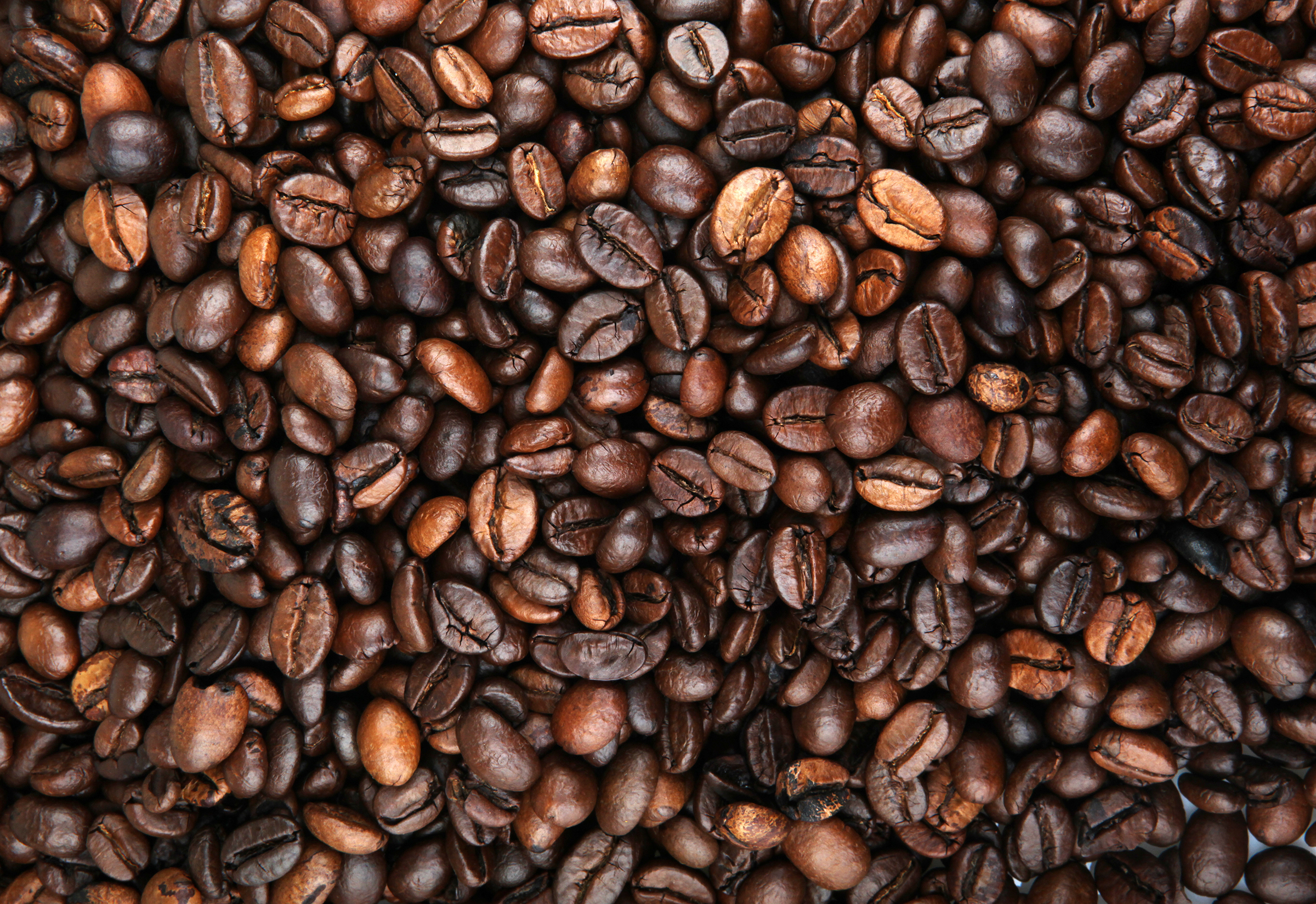Cutting down on coffee waste

By Matthew Walters, Estate Manager
Paradise has put a successful waste management strategy in place that helps the economy as well as the environment.
We’re all used to the smell of freshly ground coffee wafting along our streets as well as through our workplaces. The opportunity to fuel up on a hot beverage is an accepted – and expected – daily luxury we’ve become accustomed to.
But traditionally, coffee is accompanied by a potentially problematic by-product – coffee grounds. Once ground up by the barista machine, coffee beans can be notoriously difficult to recycle.
But it’s possible due to new technology, and Paradise is one of the first commercial developments in Birmingham to start recycling coffee grounds from occupier’s offices as well as from its leisure operators, some of whom can serve hundreds of cups every day.
Recycling the grounds is just one of the initiatives the estate team has undertaken to reduce the carbon impact of the development while promoting sustainability and biodiversity.
One cup of coffee can produce up to one kilo of carbon emissions, yet up to 80% of a coffee bean’s carbon footprint could be eliminated by employing more sustainable growing and processing.
Across Paradise, during 2024 we successfully recycled a total of 3 tonnes of coffee waste as part of the 768 tonnes of total waste we diverted from landfill.
This equates to saving 2,304 cubic metres of landfill material – a big enough space to house a regular hot air balloon as high as a 10 storey building like Two Chamberlain Square. We also saved 46,634 kg of Methane and Carbon Dioxide emissions – enough gas to fit inside that hot air ballon.

The coffee grounds from the estate are now sent to be dried and processed at a recycling facility in the East Midlands that generates energy as a biofuel, helping everyone involved cut their greenhouse emissions.
The total recycling from the estate has created 256,686 kWh of green electricity as a by-product – enough to power four average size homes for a year.
This activity leads to a more sustainable, circular economy approach to energy conservation and recycling, and allows everyone who works at Paradise to contribute and feel part of a shared effort.
As part of our wider aim to be a net zero destination, we’re working hard to cut down on our carbon footprint wherever we find it. This can mean cutting down energy use at source, for example, in our buildings, making the materials we use less carbon intensive, or upcycling plastics and china mugs into new cups and bottles, for example.
There are literally thousands of ways we can all work together to cut our carbon footprint if we look hard at every aspect of our lives, both at work and at home.
The Paradise estate team already send nothing to landfill from both construction projects as well as day to day operational activities. The estate even recycles the waste water from its cleaning regime, for example, and this not only benefits the public realm and those who walk through, but also allows cleaned waste water to go to nearby trees, plants and herbs in the Paradise garden.
Coffee remains the most popular drink in the world after water, with more than 1.5 billion cups consumed every day, or 550 billion cups a year. In the UK alone, we consume 100 million cups daily, with around 1.6 million of those drank daily in Birmingham, or 580 million cups a year.
Many of these cups – up to 40% on weekdays – are bought as take-aways, introducing the need to recycle potential packaging too. At home, coffee grounds usually end up in general waste and get sent to landfill where they emit methane – a greenhouse gas 25 times more potent than carbon dioxide, and one of the primary causes of global warming.
This definitely leaves a bitter taste in the mouth.
Clearly, reducing the amount of waste coffee grinds is something we want to be supporting here at Paradise and will work hard to expand further as time goes by.